NIAID
-
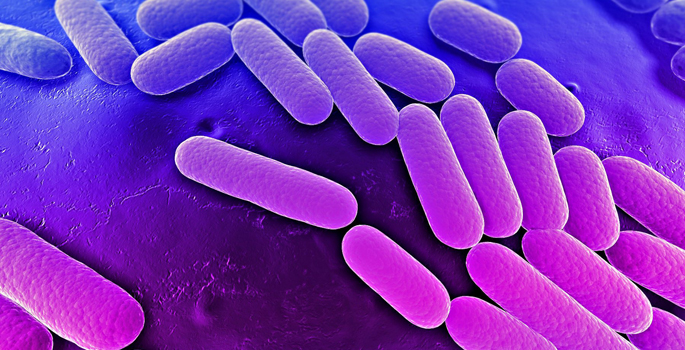
Probing pathogen antibiotic resistance
Understanding how bacteria evolve resistance to antibiotics and host stresses could guide the development of more effective antimicrobial therapeutics. Read MoreSep 17, 2020
-
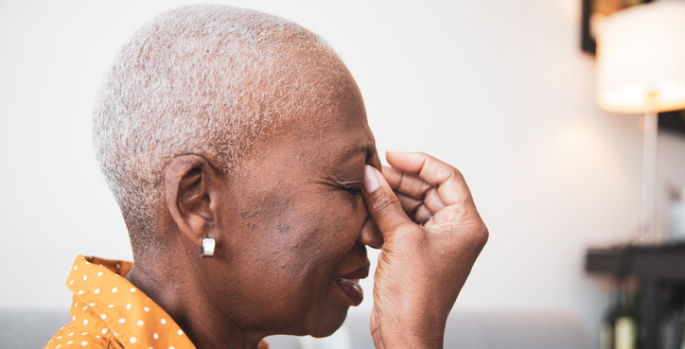
Risk marker for repeat sinus surgery
An inflammatory factor in mucus could be a biomarker of treatment-resistant chronic sinusitis used to determine which patients are at risk for repeat sinus surgery. Read MoreAug 11, 2020
-

The importance of estrogen cycles
Deborah Lannigan and colleagues identify a key regulator of the estrogen receptor and suggest that its downregulation by oral contraceptives may increase oxidative stress and DNA damage, a common cause of cancer. Read MoreAug 6, 2020
-
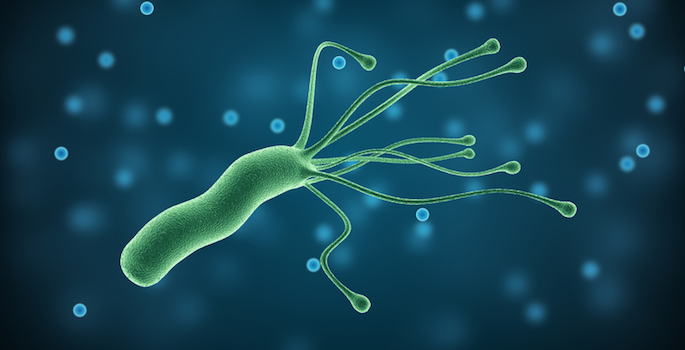
Stomach bug hit-and-run
The H. pylori machinery that “injects” an oncoprotein into stomach cells contributes to the development of gastric cancer, Vanderbilt researchers demonstrate. Read MoreJul 23, 2020
-
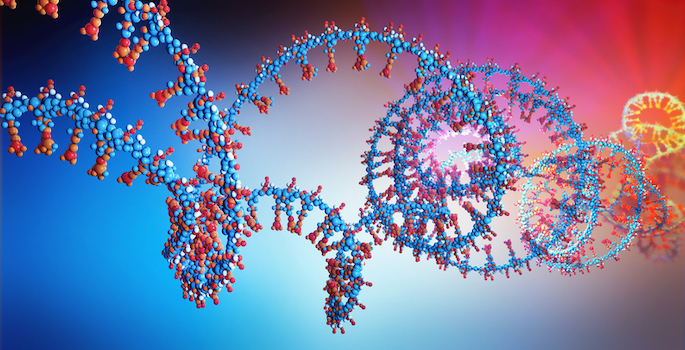
Cellular antiviral defenses
A cellular RNA quality control mechanism was known to restrict replication of RNA viruses. Vanderbilt researchers have discovered it is also antiviral against DNA viruses. Read MoreJul 23, 2020
-
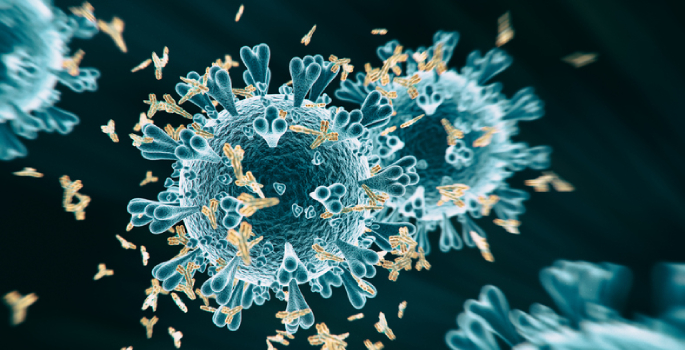
Antibody research at Vanderbilt University Medical Center shows promise in fight against COVID-19
Based on positive results in preclinical studies reported today, potently neutralizing antibodies identified by researchers at Vanderbilt University Medical Center are showing promise as a potential therapy for preventing and treating COVID-19. Read MoreJul 15, 2020
-
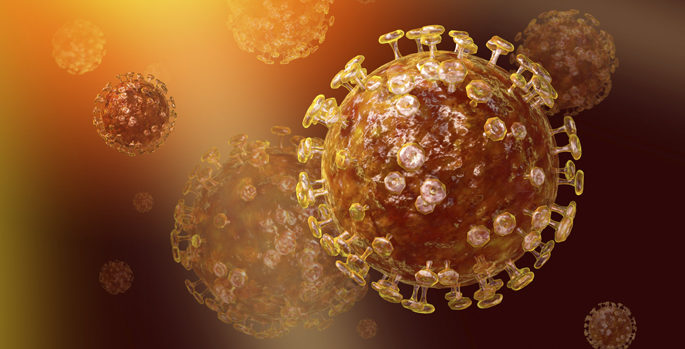
VUMC studies provide key positive results for COVID-19 vaccine in early-stage clinical trial
An experimental coronavirus vaccine stimulated robust immune responses against SARS-CoV-2, the virus that causes COVID-19, and raised no serious safety concerns in an early-stage clinical trial. Read MoreJul 14, 2020
-

“Nur” target may aid arthritis treatment
Vanderbilt immunologists have discovered that the protein Nur77 is part of a control mechanism that guards against autoimmunity in natural killer T cells. Read MoreJul 13, 2020
-

Recurrent UTIs linked to hidden reservoir
Bacterial invasion of vaginal cells sets up a protective niche and a reservoir for recurrent urinary tract infections, Vanderbilt researchers demonstrated. Read MoreJul 9, 2020
-

Antibodies eye Pacific Island “fever”
Vanderbilt Vaccine Center team isolates monoclonal antibodies against the mosquito-borne Ross River virus, which causes rash, fever and debilitating muscle and joint pain lasting three to six months. Read MoreMay 14, 2020
-
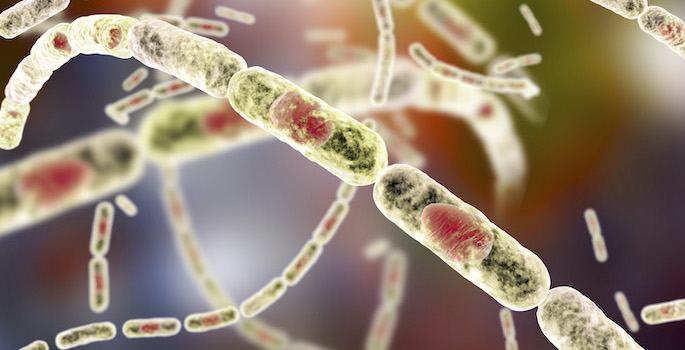
The adaptable anthrax bacterium
Vanderbilt researchers discover how anthrax bacterium defends itself against structural damage and resists the toxicity of the antimicrobial drug targocil. Read MoreMay 14, 2020
-
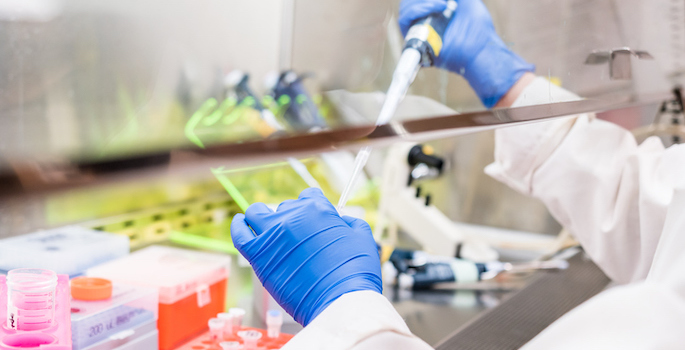
Antibody finding raises hopes for Marburg, COVID-19 treatments
Monoclonal antibodies against Marburg virus — a more lethal cousin of the RNA virus that causes COVID-19 — may aid in the development of antibody "cocktails" to counter viral infection. Read MoreApr 30, 2020
-

Powering H. pylori pathogenesis
Timothy Cover and colleagues report new insights into the sources of energy used by a bacterial “machine” linked to the pathogenesis of stomach cancer. Read MoreFeb 6, 2020
-

Zinc uptake by a deadly pathogen
The increasingly antibiotic-resistant bacterium Acinetobacter baumannii requires zinc to cause infection, and Vanderbilt researchers have identified the zinc uptake system it uses. Read MoreJan 13, 2020
-
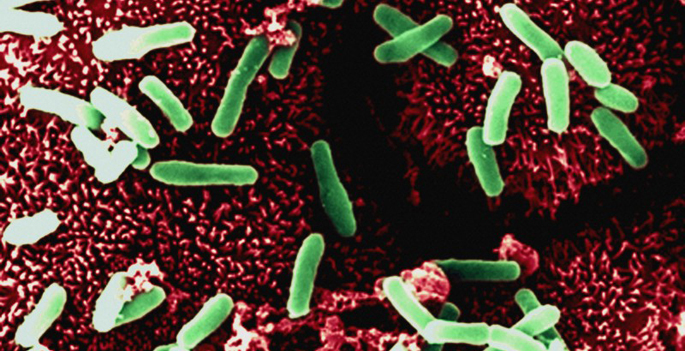
Structural views of a C. diff toxin
D. Borden Lacy and colleagues used cryo-electron microscopy to define the structure of a C. diff toxin, providing a framework for the design of novel therapeutics. Read MoreJan 10, 2020
-
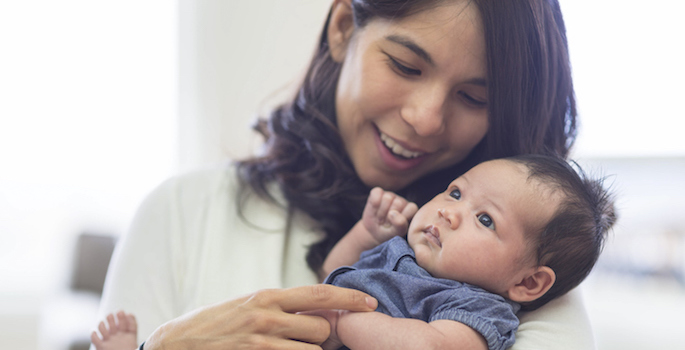
RSV transmission in the Middle East
Understanding how RSV is transmitted, which strains dominate and how new strains emerge around the globe will guide better vaccine and anti-viral drug design. Read MoreNov 14, 2019
-

Imaging host-pathogen battle for metal
An unprecedented view of bacterial products within infected tissues opens new opportunities to explore infection biology and devise novel therapeutic strategies. Read MoreOct 31, 2019
-

A new regulator of B cell development
New findings establish a role for the pro-inflammatory molecule IL-33 in the early development of antibody-producing B cells. Read MoreOct 8, 2019
-

Treating C. diff: new purpose for an old drug?
An inexpensive generic drug once used to prevent gastrointestinal ulcers in people taking daily NSAIDs protects against C. diff infection in mice. Read MoreSep 24, 2019
-
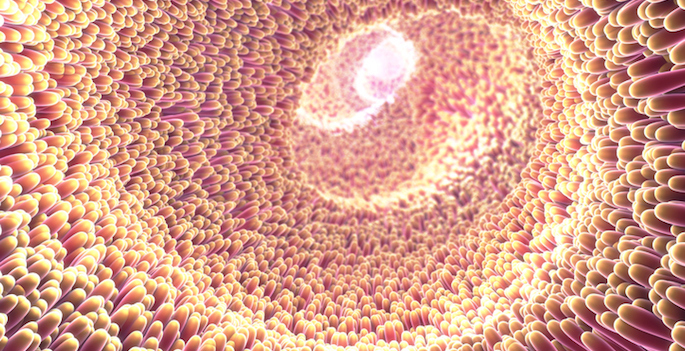
Microvilli in motion
Live cell imaging studies have revealed that microvilli — finger-like protrusions on the surface of epithelial cells — move and collide as they form the brush border. Read MoreSep 19, 2019